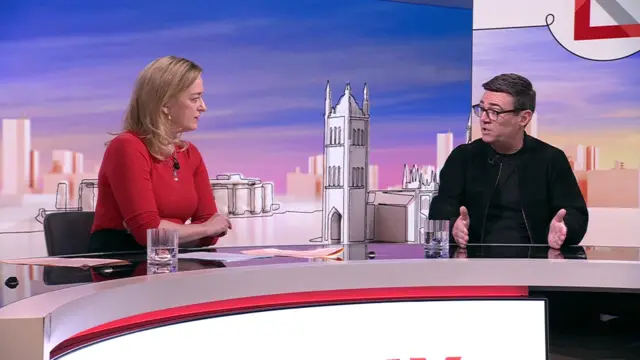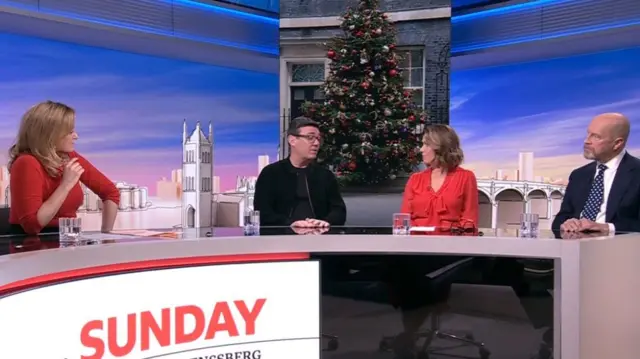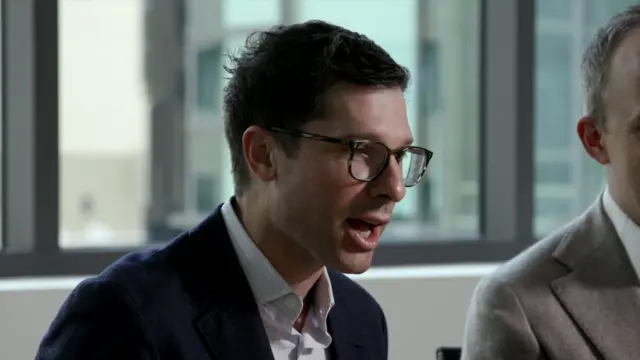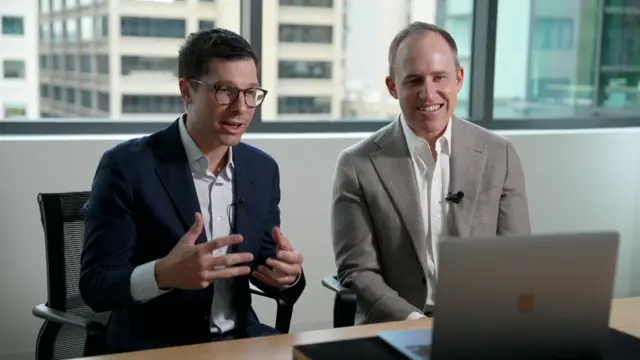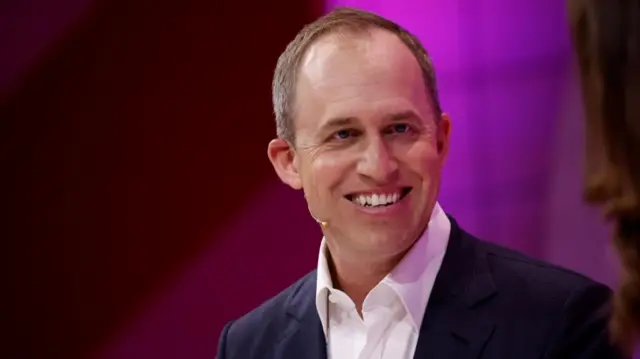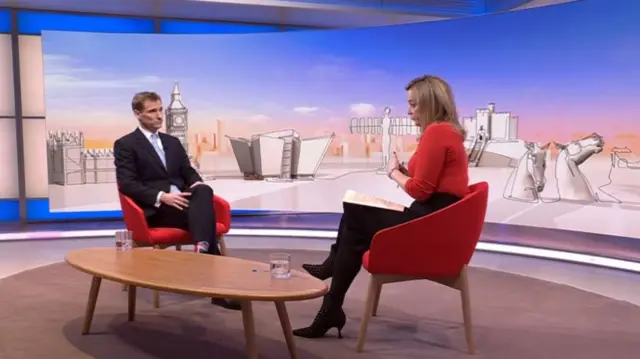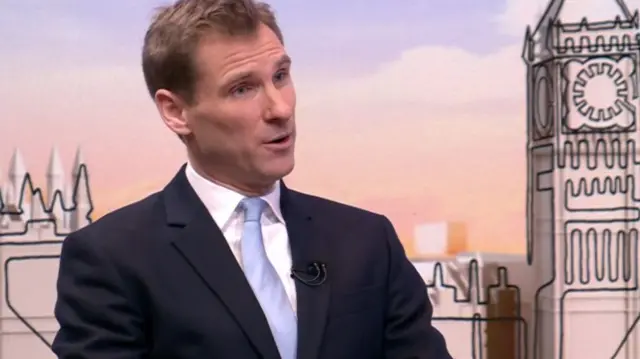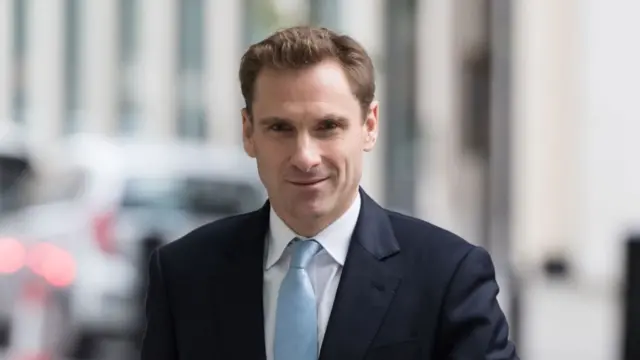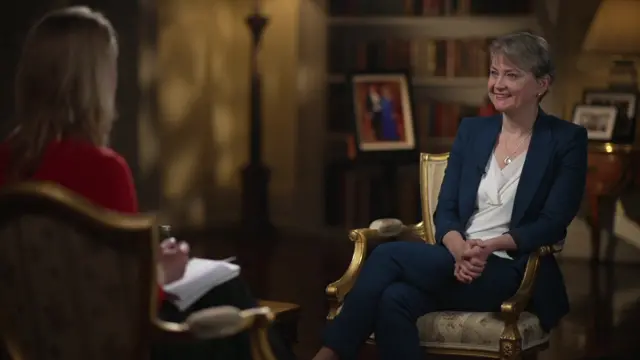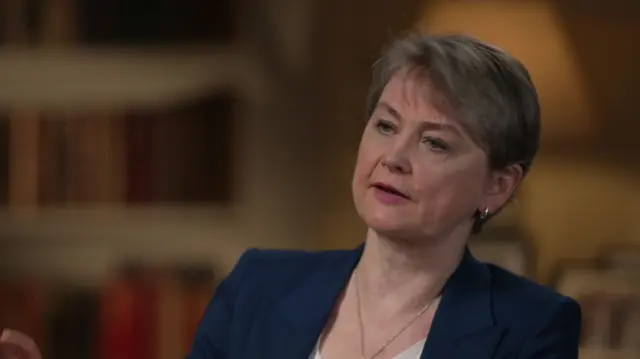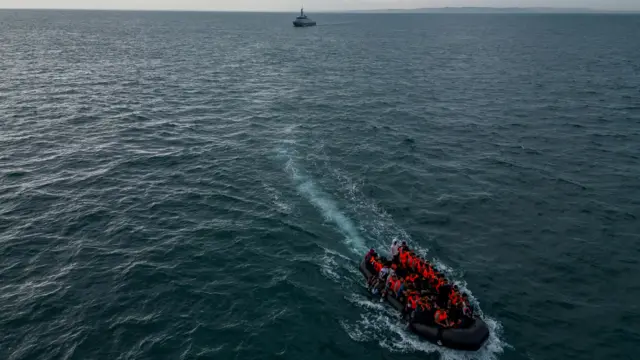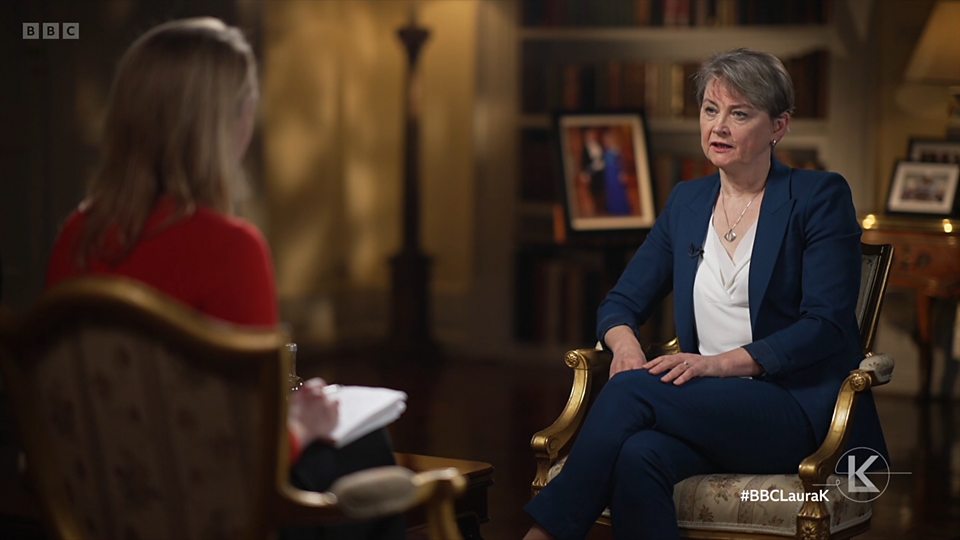For more political coverage from across the BBCpublished at 10:35 GMT 15 December 2024
Sunday With Laura Kuenssberg has aired for the final time in 2024.
The show touched on a number of the week's - if not the year's - biggest stories, and heard from some of the biggest names behind them.
We're ending our live coverage now, but there's plenty more to whet your political appetite from across the BBC:
- Read Laura's write-up of her interview with Home Secretary Yvette Cooper on small boats crossings
- Catch up on today's episode over on BBC iPlayer
- Listen to the latest episode of Newscast - which Laura's darted off to record. It'll be uploaded BBC Sounds shortly
- Sign up for our Politics Essential newsletter to read top political analysis, gain insight from across the UK and stay up to speed with the big moments
This page was edited by Emily McGarvey and Tinshui Yeung. The writers were Frances Mao, Lana Lam and Emily Atkinson.
